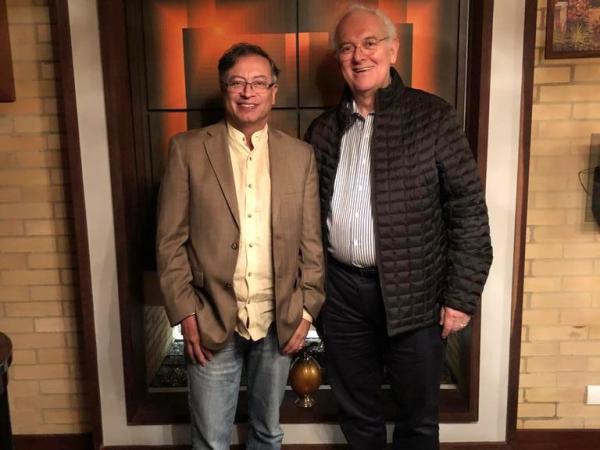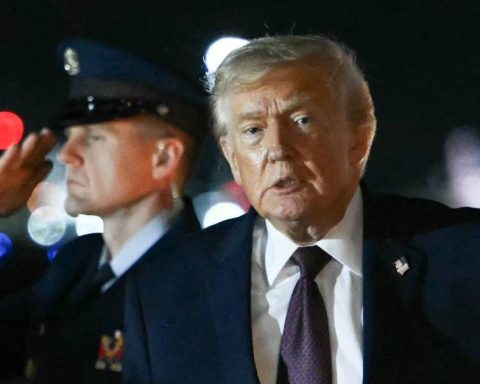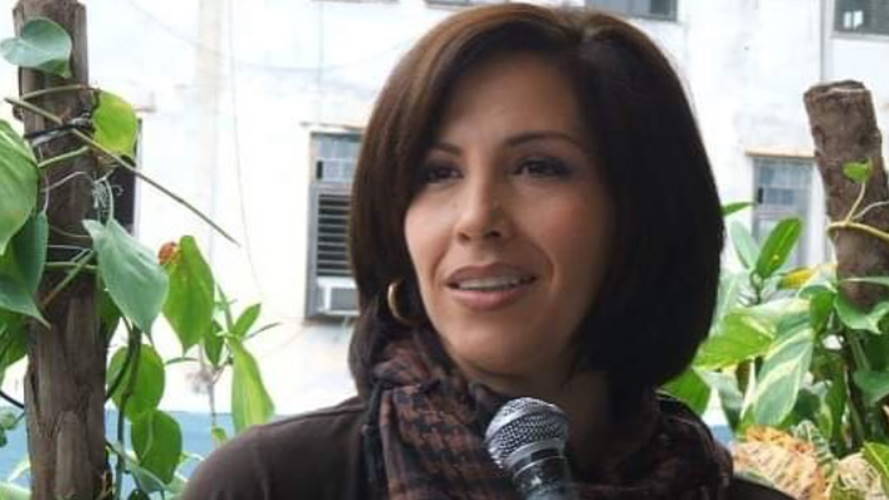After several days of speculation, the president-elect, Gustavo Petro Urregofinally dispelled the rumors and appointed Jose Antonio Ocampo as the next Minister of Finance and Public Credit.
In the early hours of yesterday he confirmed it with a brief message through his Twitter account: “José Antonio Ocampo will be our finance minister. Build a productive economy and an economy for life”, trilled the future president.
(Read: Who is José Antonio Ocampo, Minister of Finance of the Petro government).
This appointment was one of the most anticipated by the market and the public, and received positive comments from various sectors and figures from the national and international economic political sphere. And it is that Ocampo could be called a veteran For The Task, Well, he was already Minister of Finance (1996-1997), he was also in charge of National Planning (1994-1996), he was Minister of Agriculture (1993-1994) and he was also on the board of the Issuer between 2017 and 2019.
The economist, who also graduated as a sociologist from the University of Notre Dame, has a Ph.D. in Economics from Yale University and has participated in recognized academic fields and international organizations for several decades.
Ocampo, who also heads the government’s junction for the Treasury sector, must now also guide the economy so that it continues on its growth path, manage a complex fiscal situation, and process the new tax before Congress, without neglecting the attention of social issues such as poverty, equity, in the midst of a challenging environment with high inflation.
The director of the economic studies center Fedesarrollo, Luis Fernando Mejia was one of the figures who congratulated Ocampo, and highlighted this as a “well-deserved designation.” Mejía recognized that Ocampo is “a brilliant economist with the expertise required to face the enormous challenges that the country faces in fiscal matters, inequality and growth.”
For Beethoven Herrera, professor emeritus at the U. Nacional and U. Externado, one of the first tasks that Ocampo will have as the new minister will be process a tax reform in the second semester. “This government is going to work in a period of 100 days to present a tax reform before December. This harmony and the avalanche of support that is arriving may not last long, the reform must be passed as soon as possible”, he says.
Herrera also highlighted that Ocampo, “in matters of planning, development, currency management and agriculture, has sufficient inputs to put together a credible and reliable development plan”, and assured that “what Ocampo brings is trust”, and that for this reason “ it must modulate some proposals that are not given from one day to the next”.
Other topics that he mentions as keys is the managing the energy transition and related fiscal needs or inflation control, beyond central bank policy.
On the other hand, the dean of economics at the U. del Rosario, Carlos Sepúlveda, maintains that “the first challenge is to achieve calm in the markets and enable a political dialogue around a tax reform that stimulates economic activity and allows the continuation of with this recovery that we have been facing”, this, he assures, must be accompanied by a more active recovery of quality employment and a decrease in poverty indicators.
After that, he assures, also these other problems of a structural nature such as the inequality at different social levelsfrom income, gender, and access to services such as health, education and internet.
Likewise, César Tamayo, dean of the School of Finance, Economics, and Government of the U. Eafit, says that Ocampo “has a very challenging juggling act in front of him: he must achieve a tax reform that at the same time helps to order a little the battered public finances; he contributes to reducing inequity; and he does not harm private investment and the generation of quality employment, which are the only way to lastingly reduce poverty”.
(Also: Reactions to the appointment of Ocampo as Minister of Finance).
Andi’s president, Bruce Mac Master, described the appointment as “a very good sign” and said that the new Ministry of Finance will have the task of building confidence in the markets, businessmen and society.
LAURA LUCIA BECERRA ELEJALDE

















